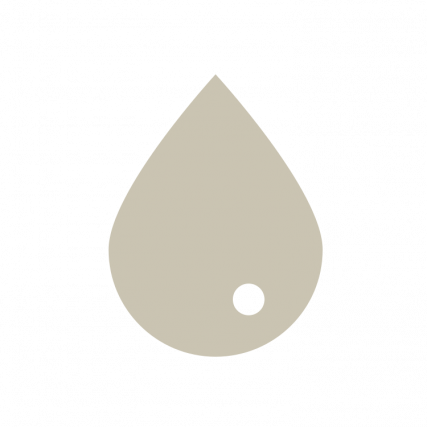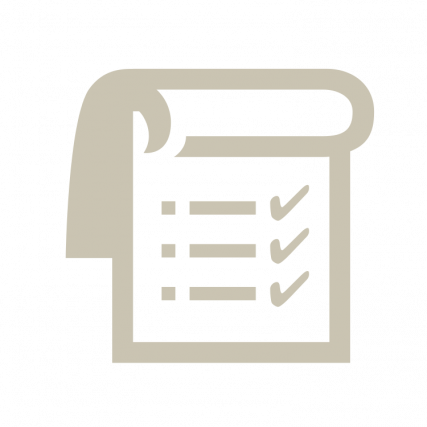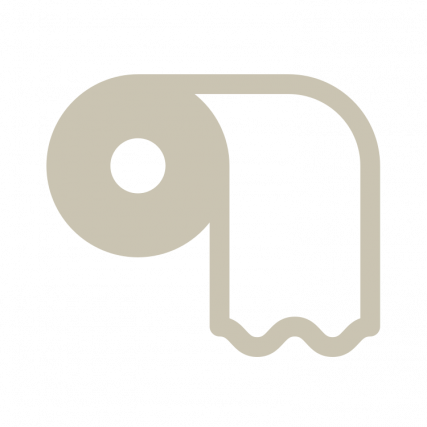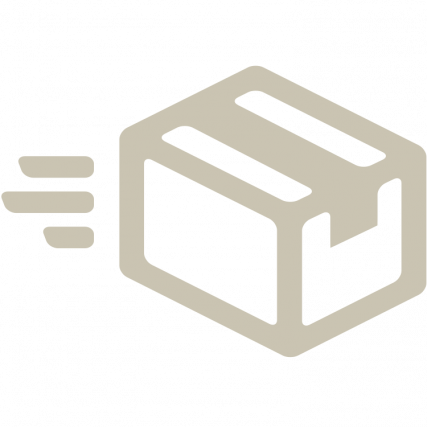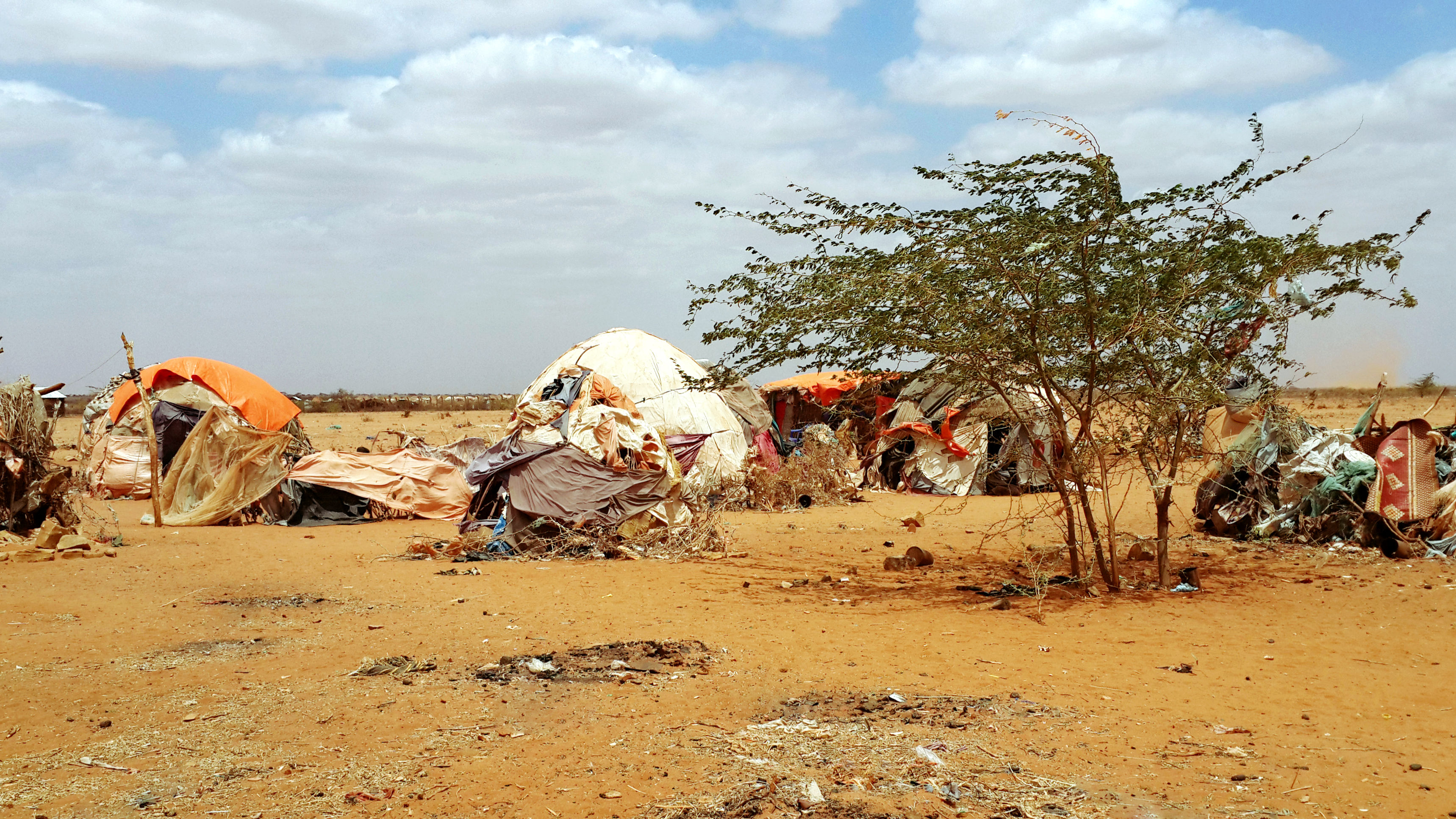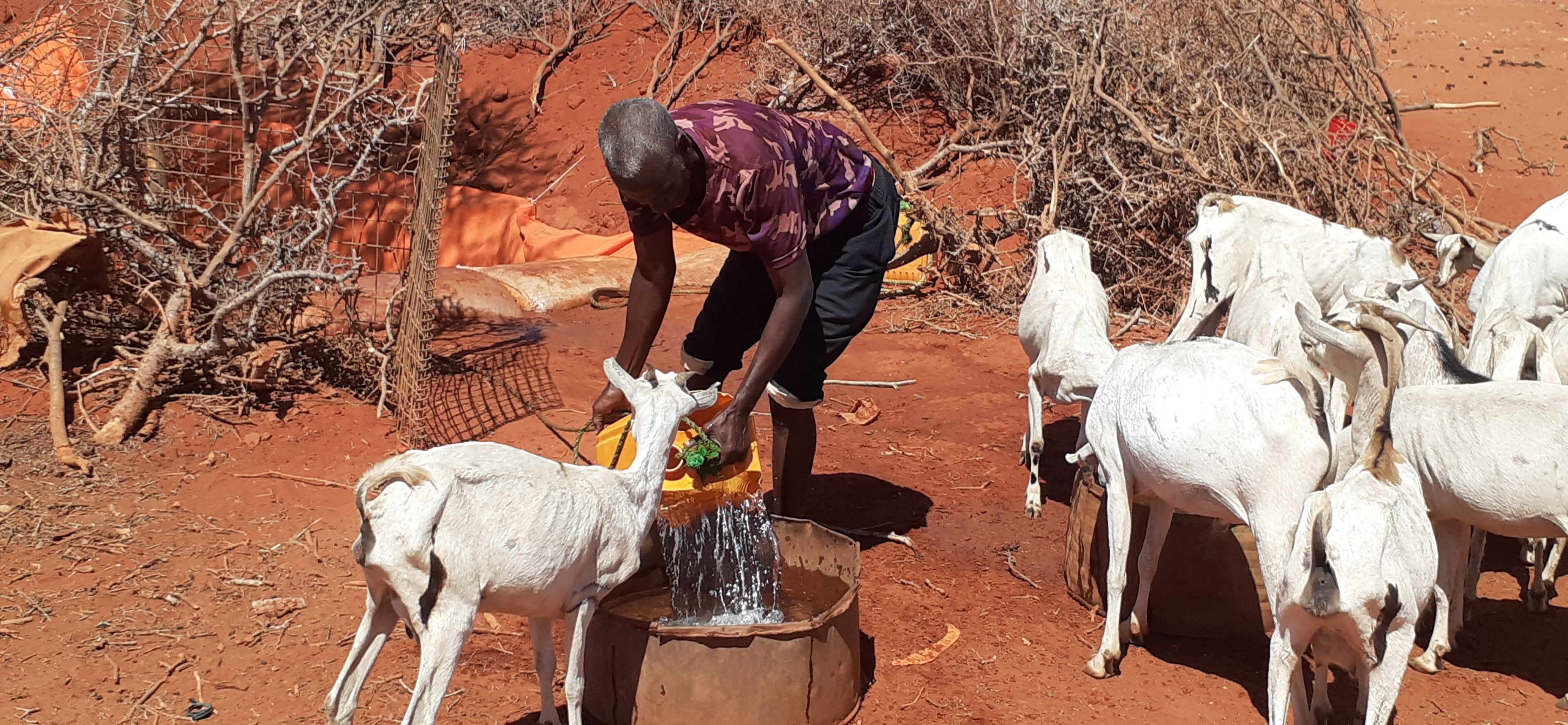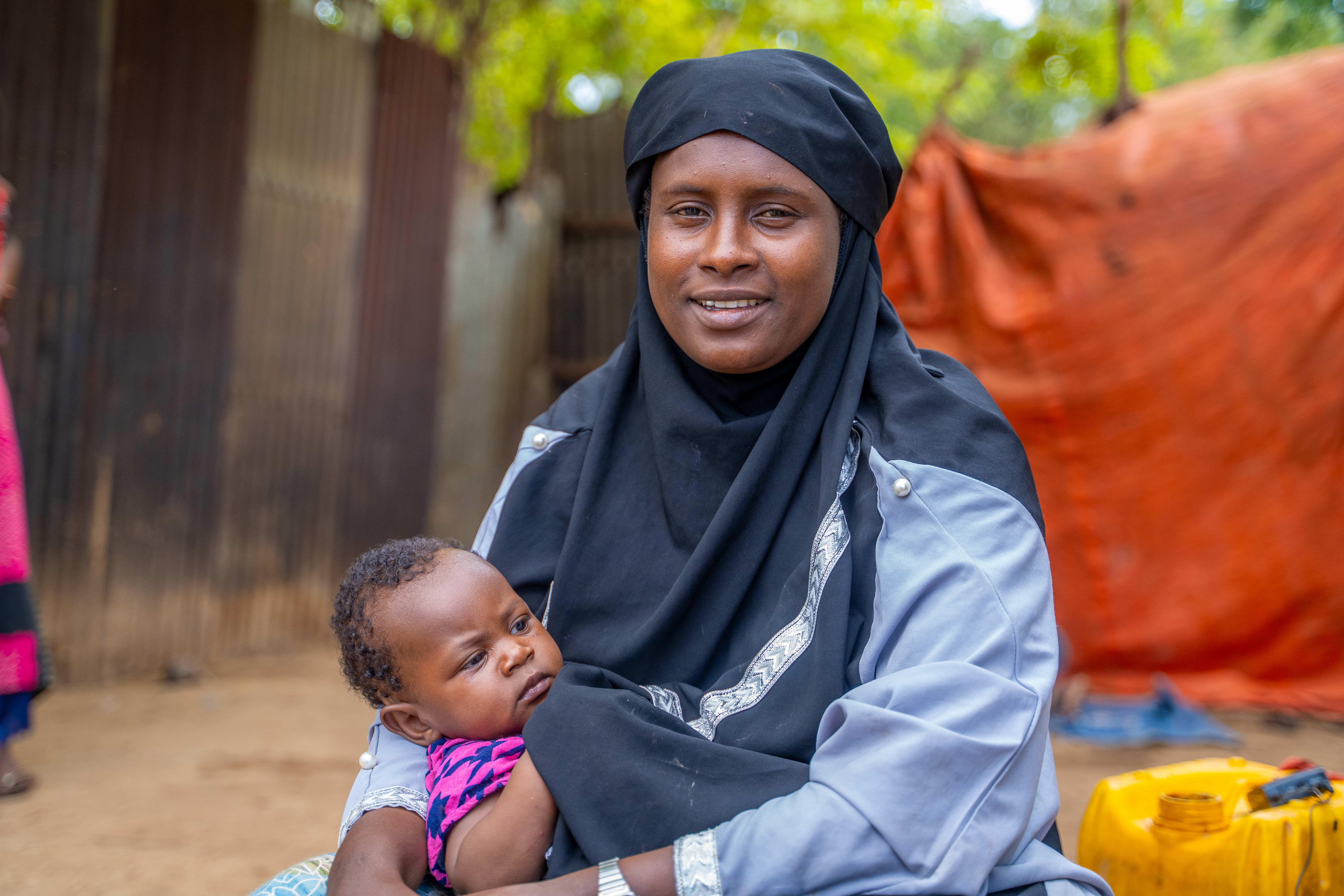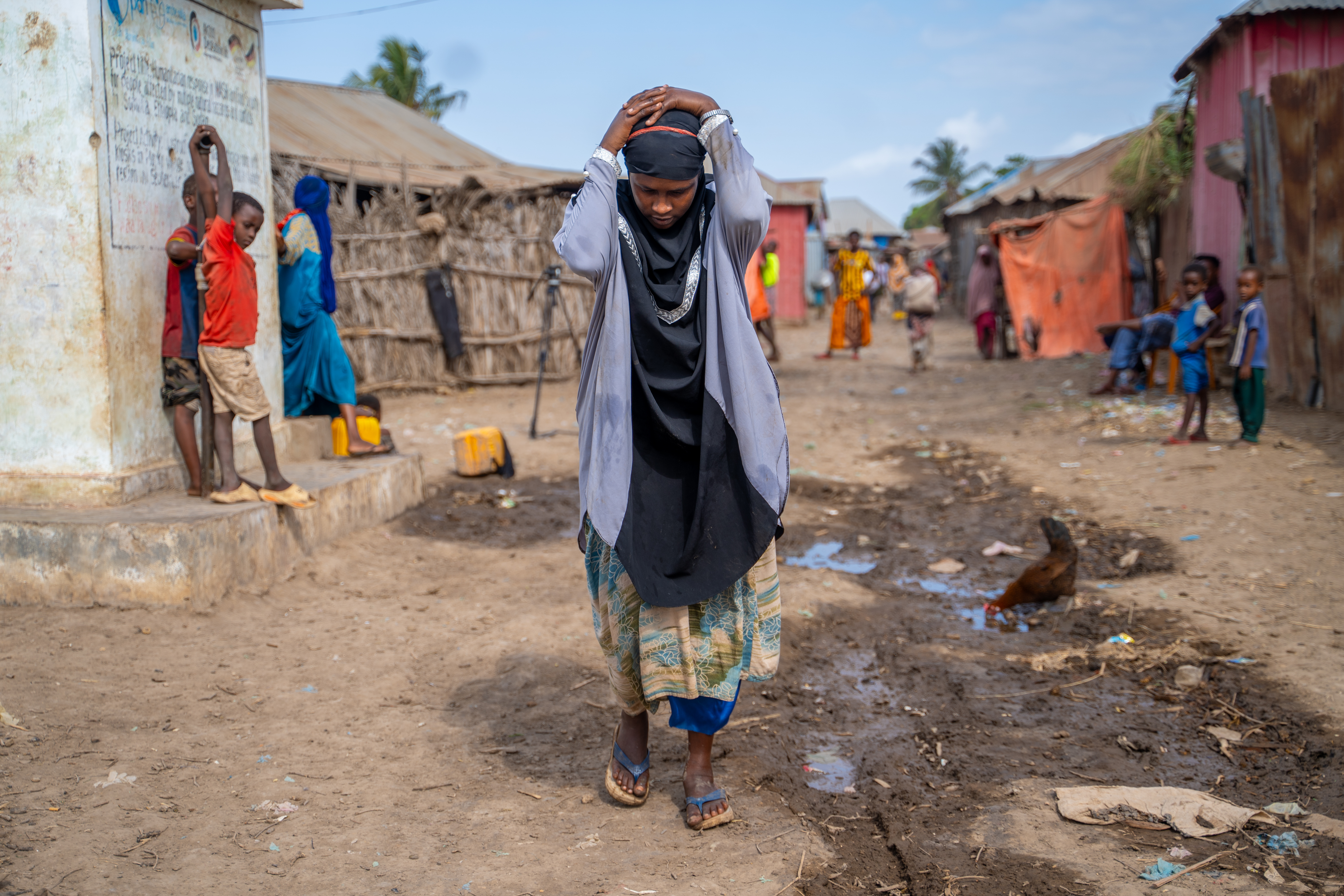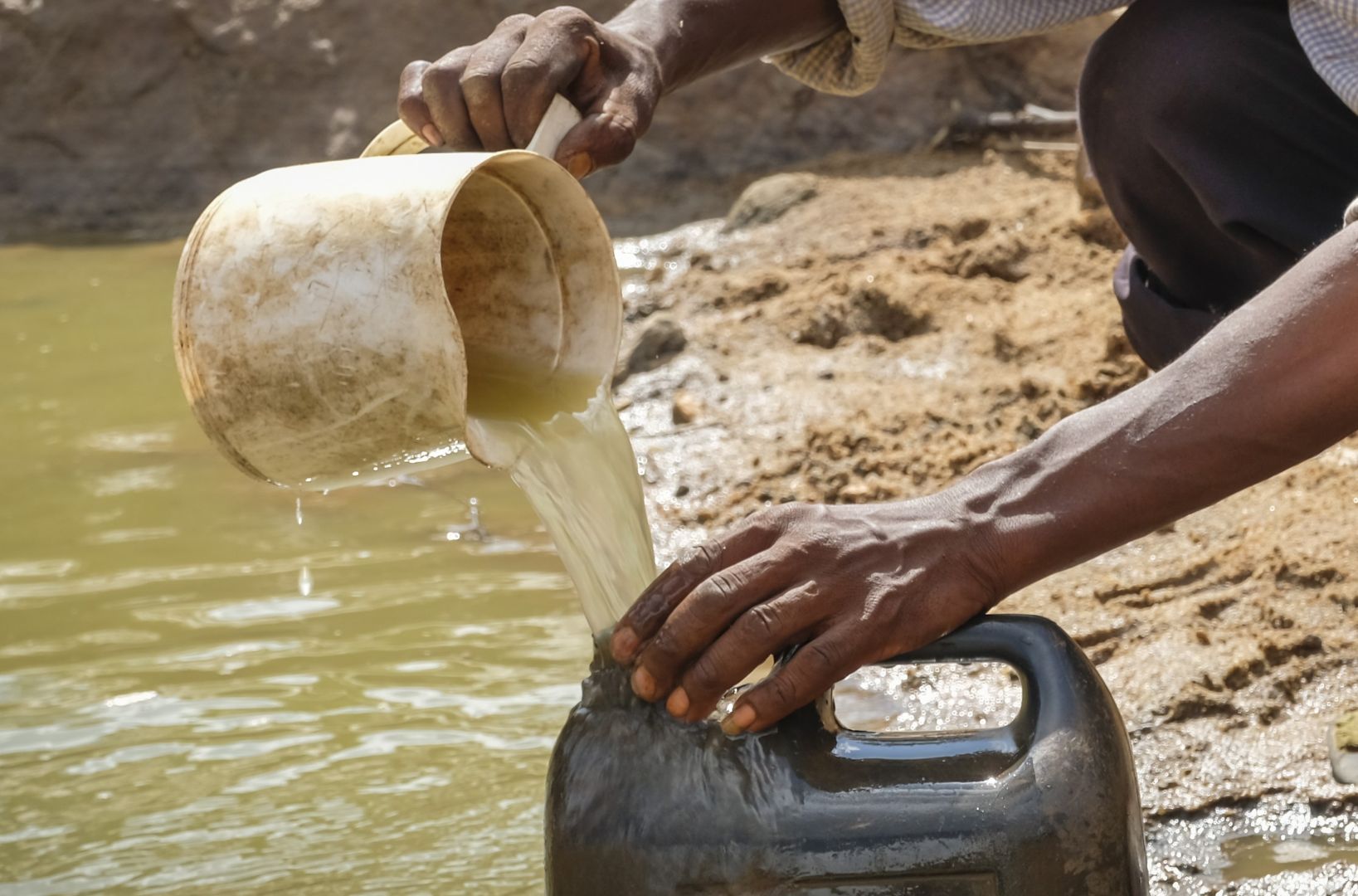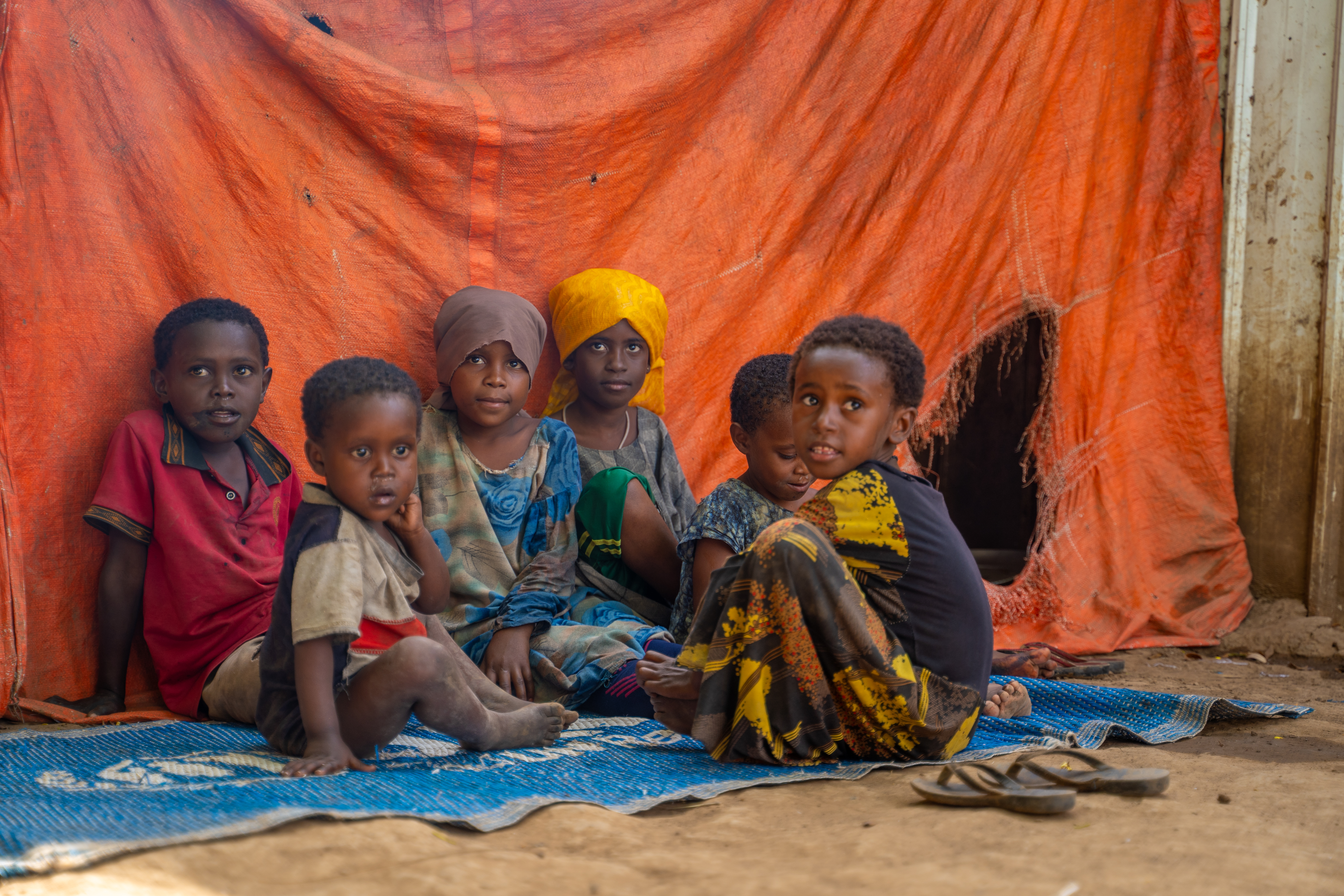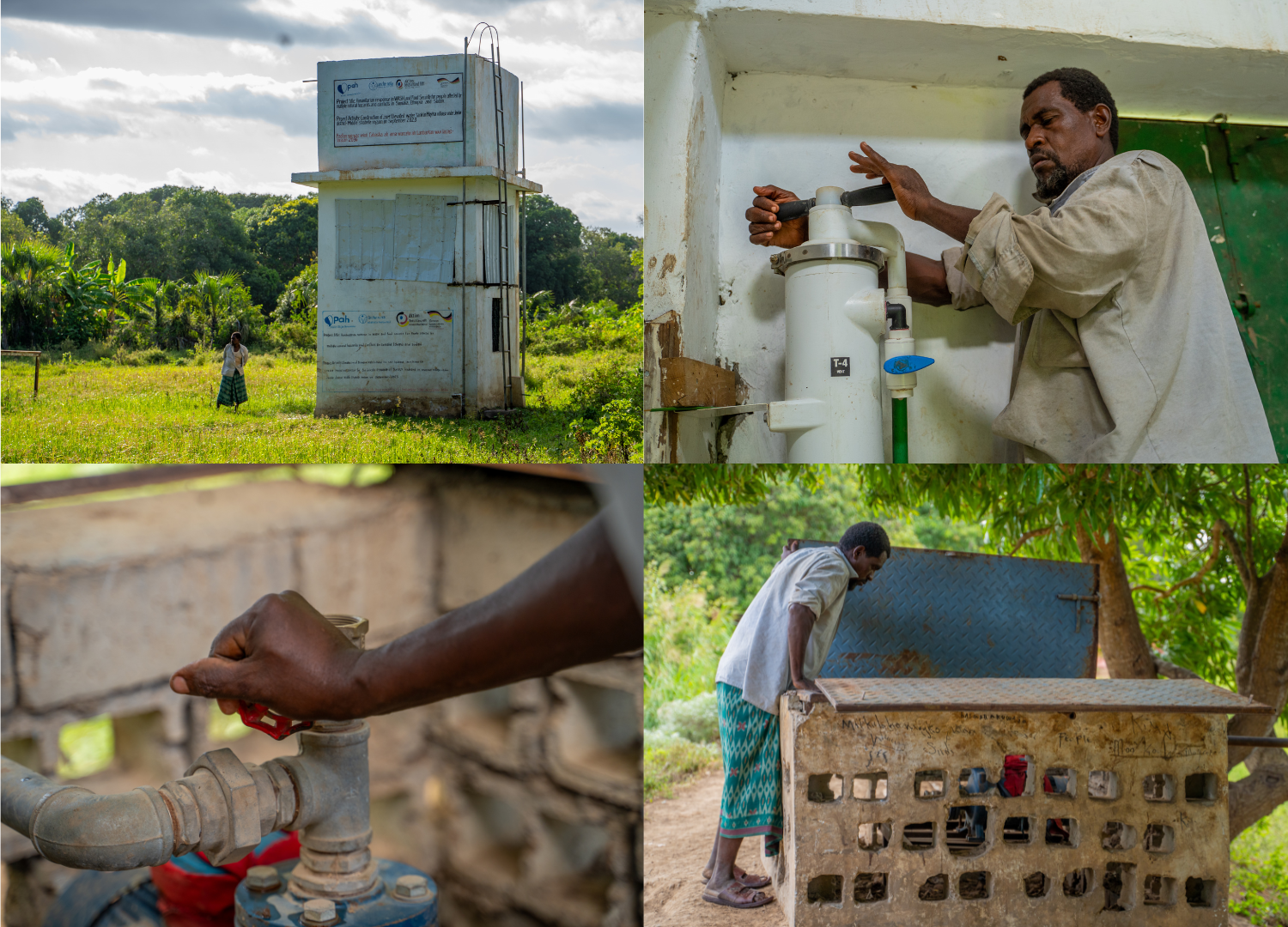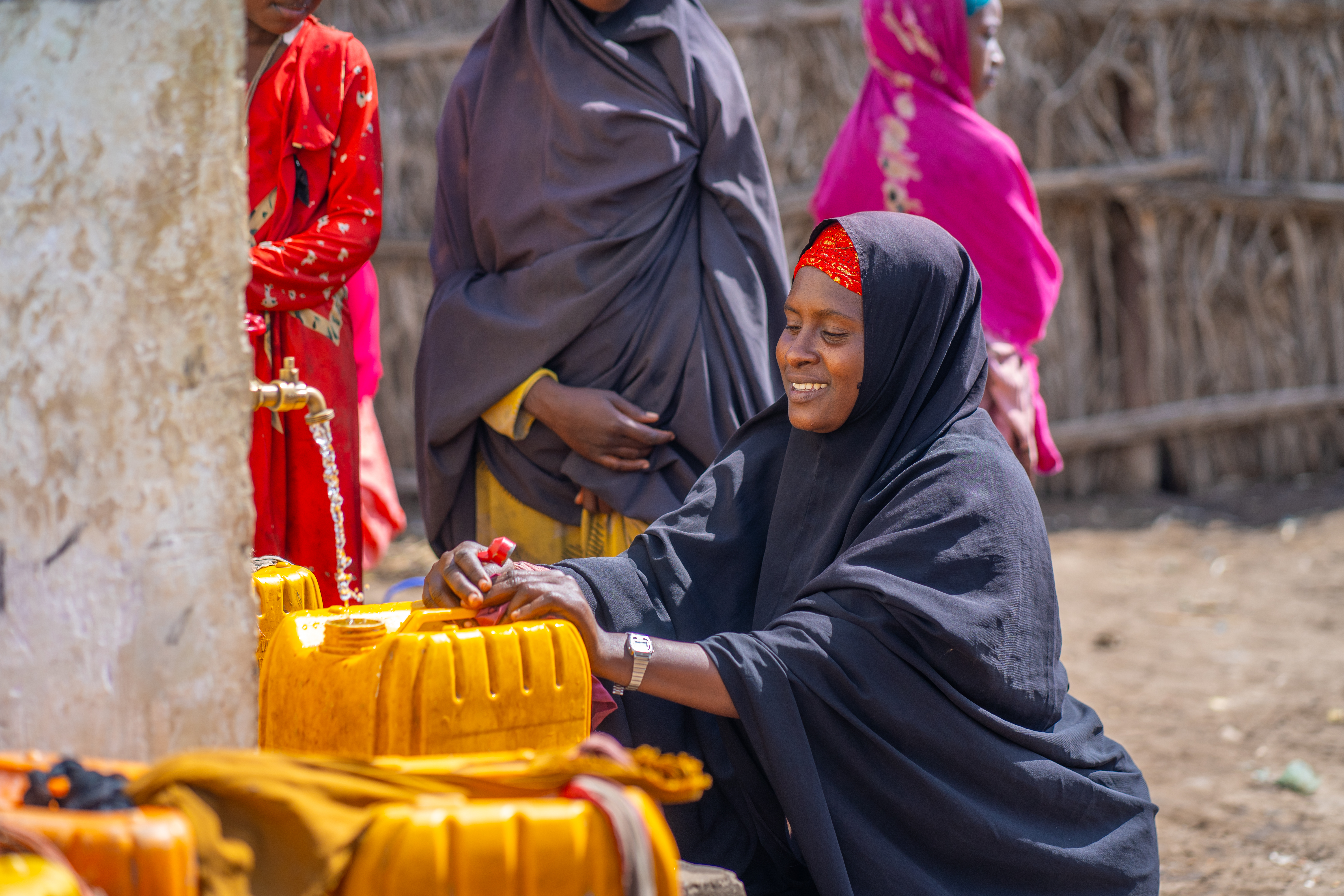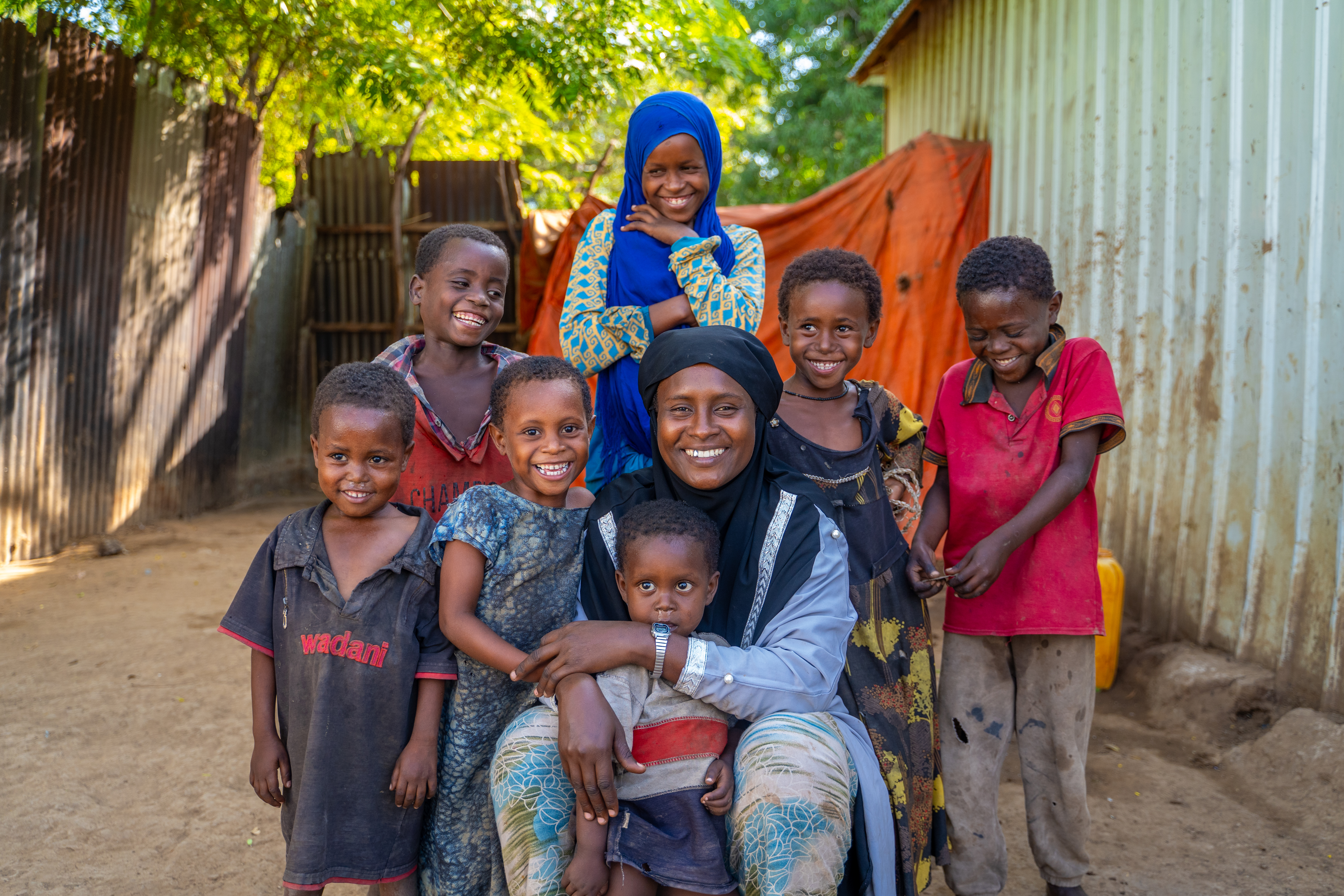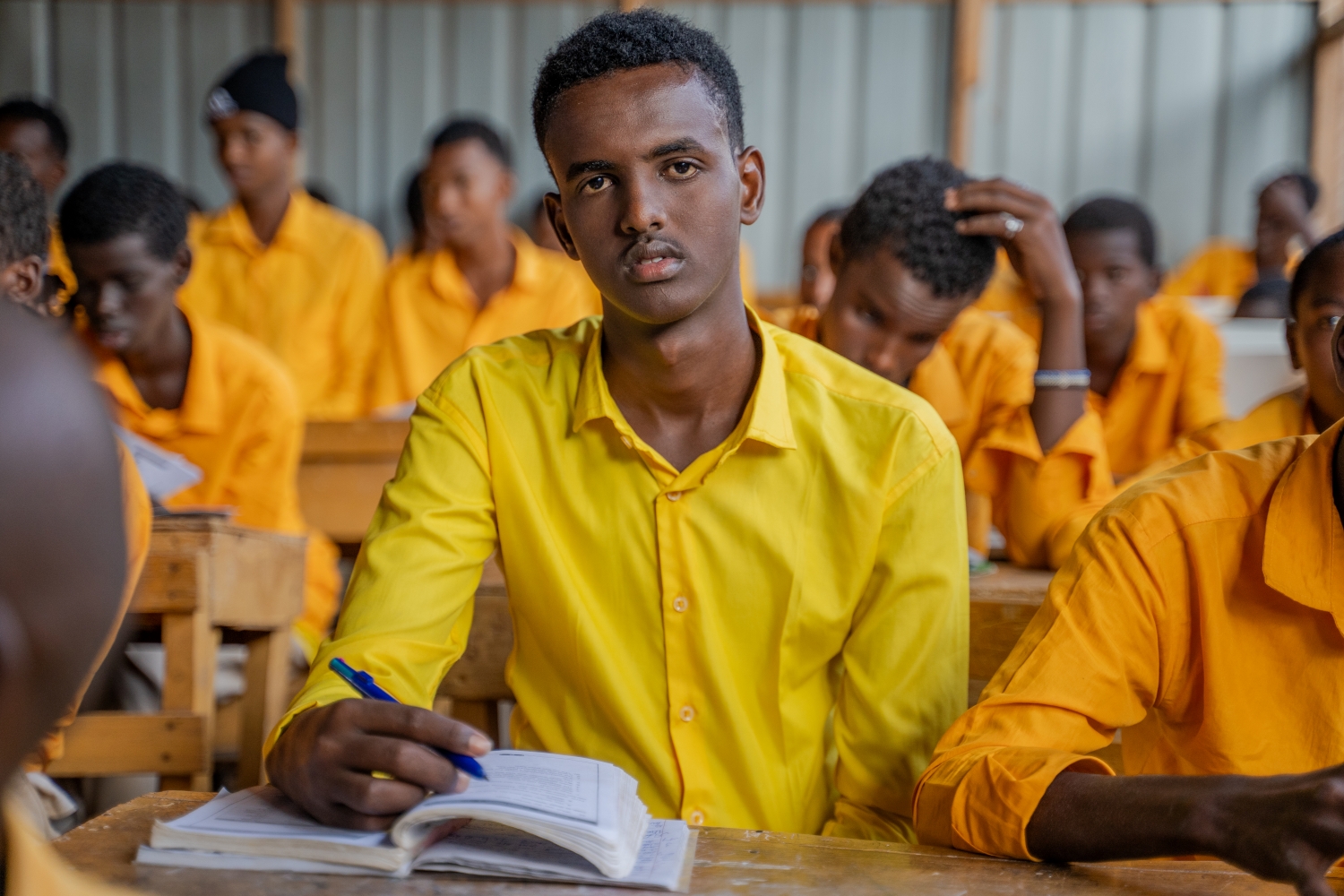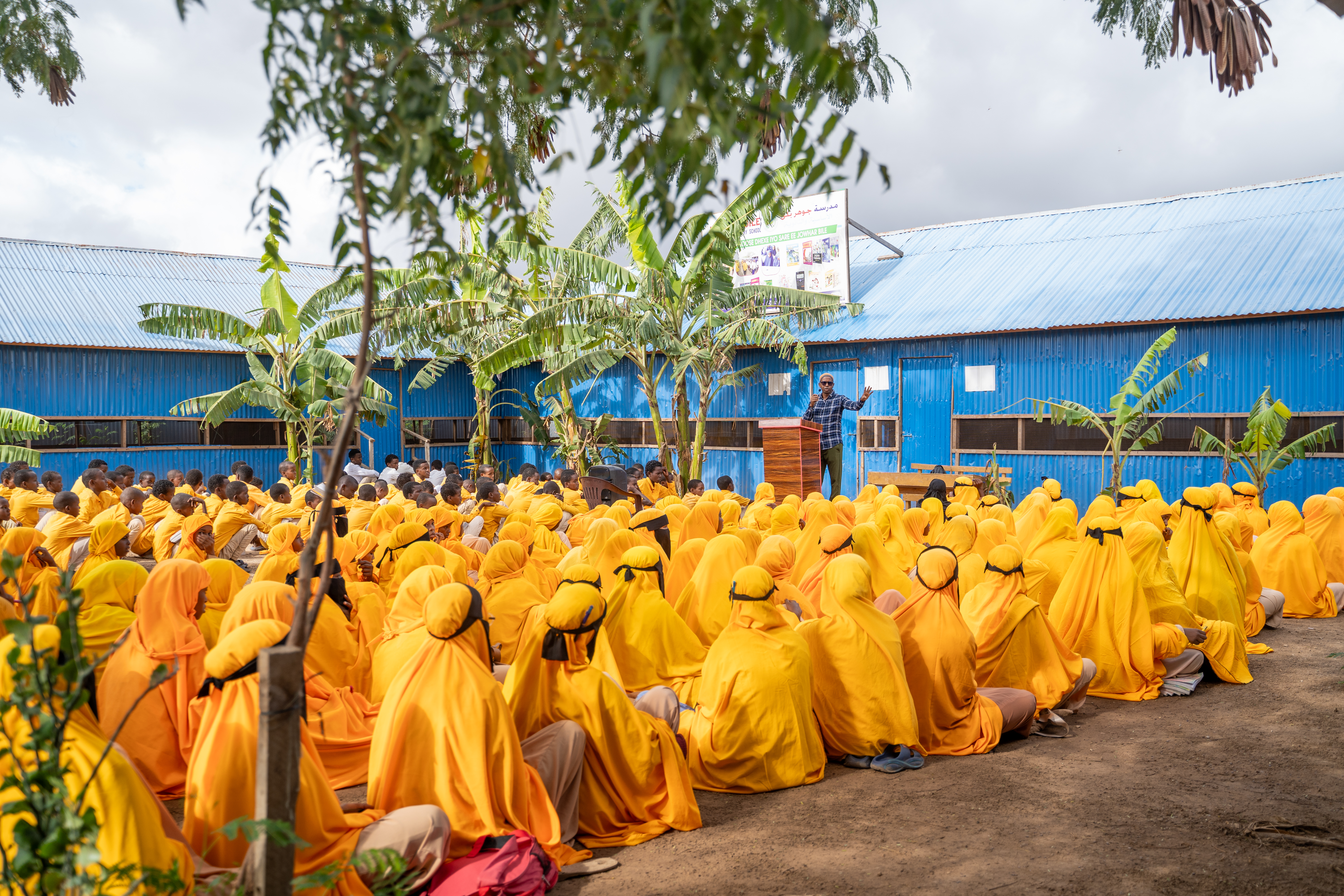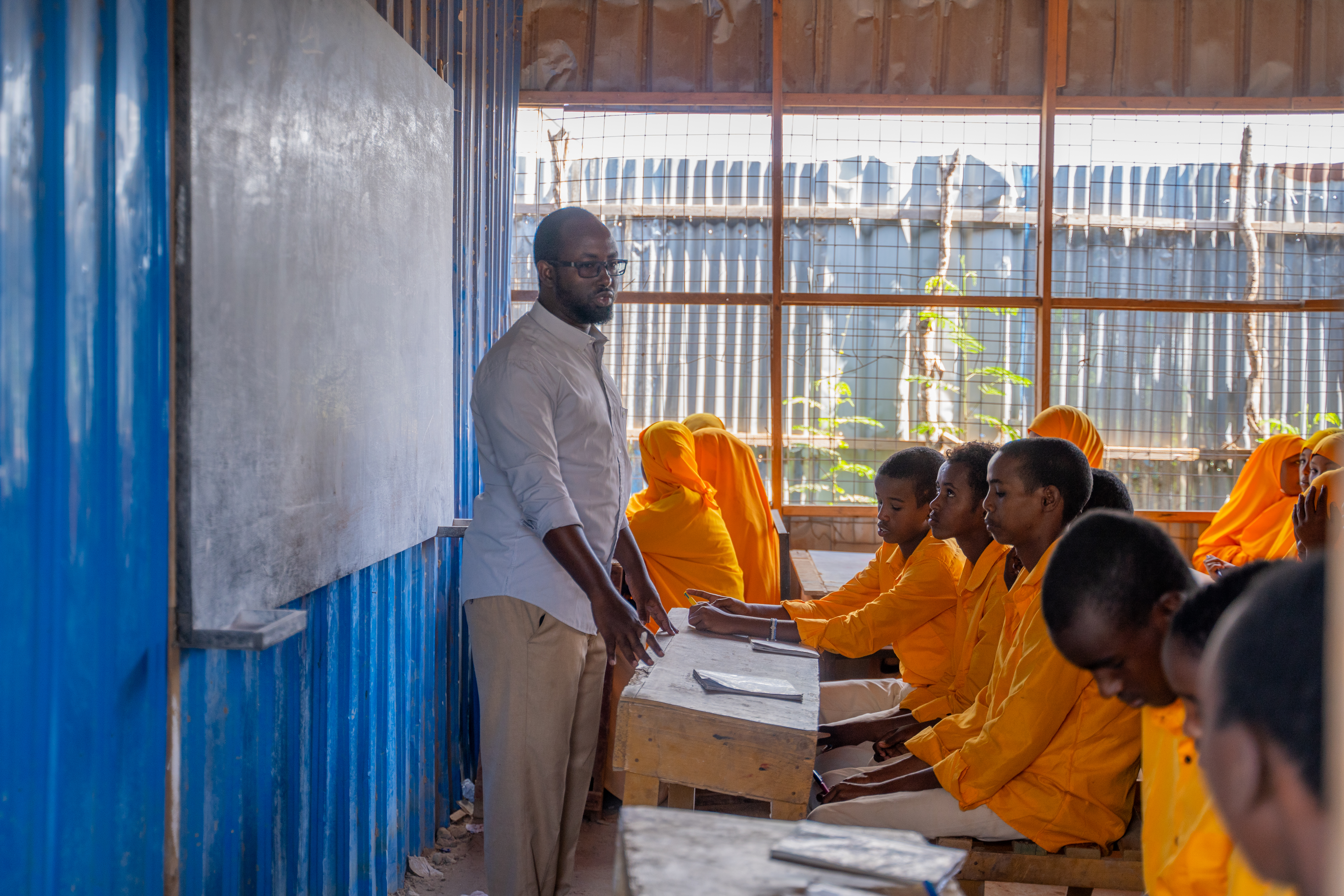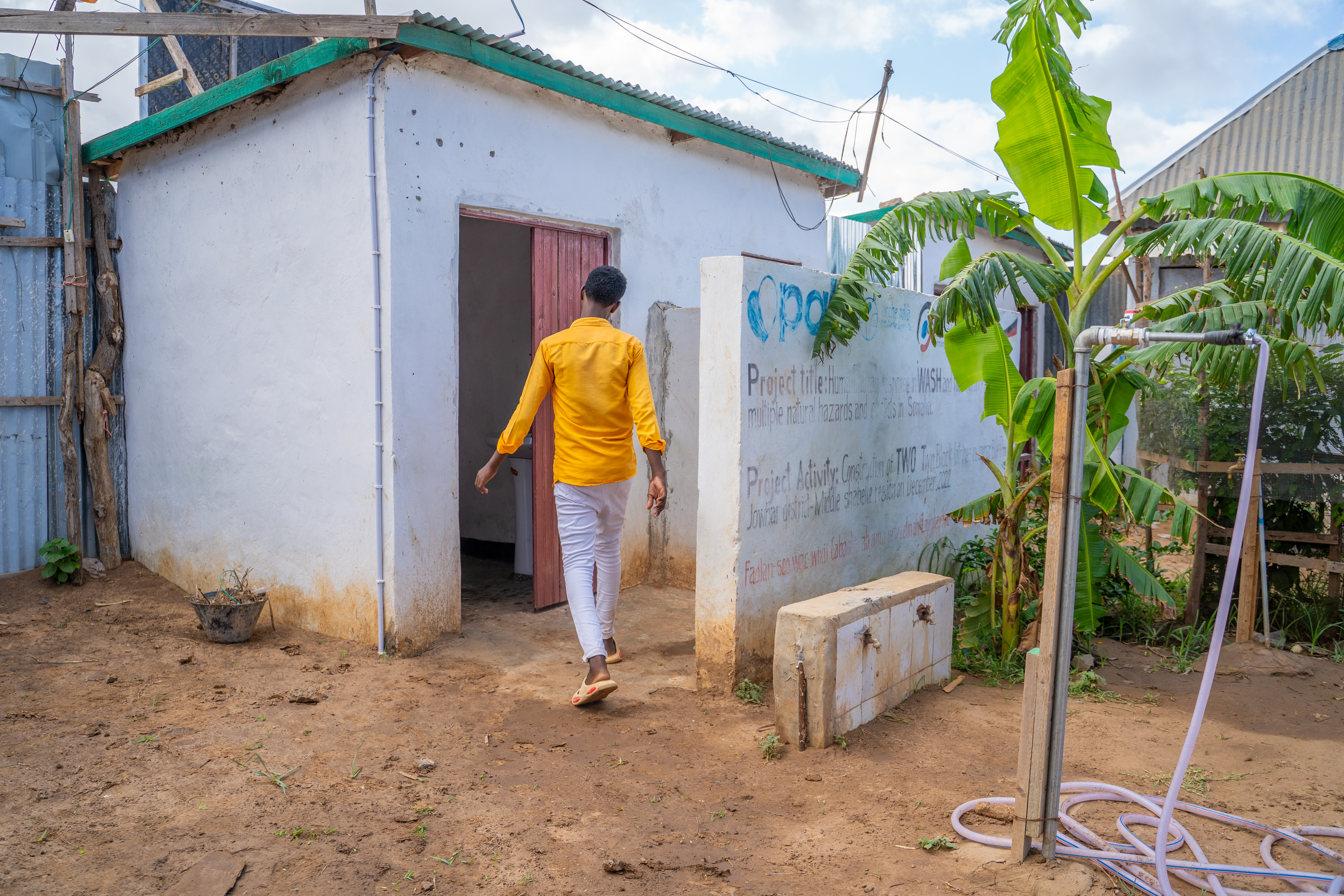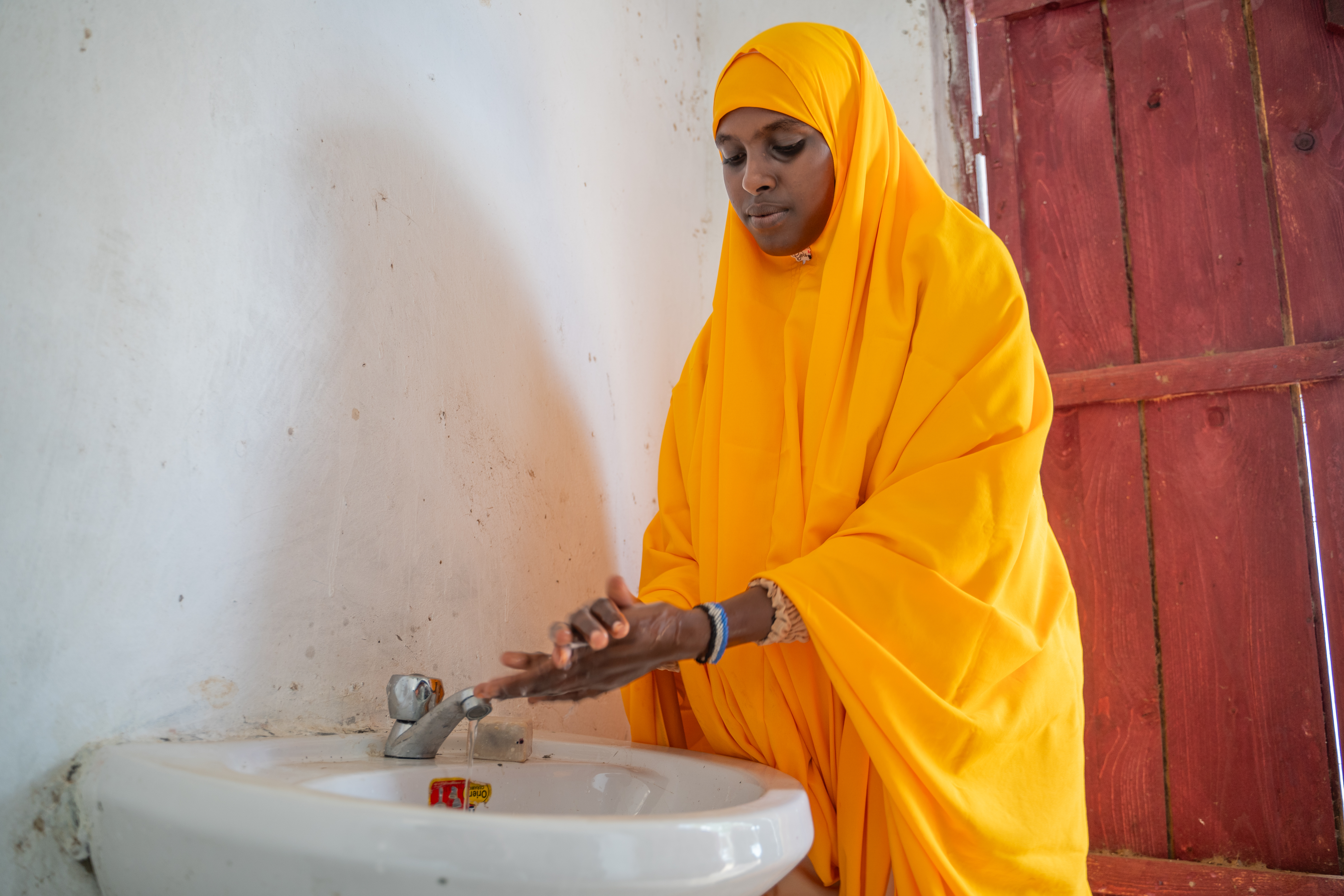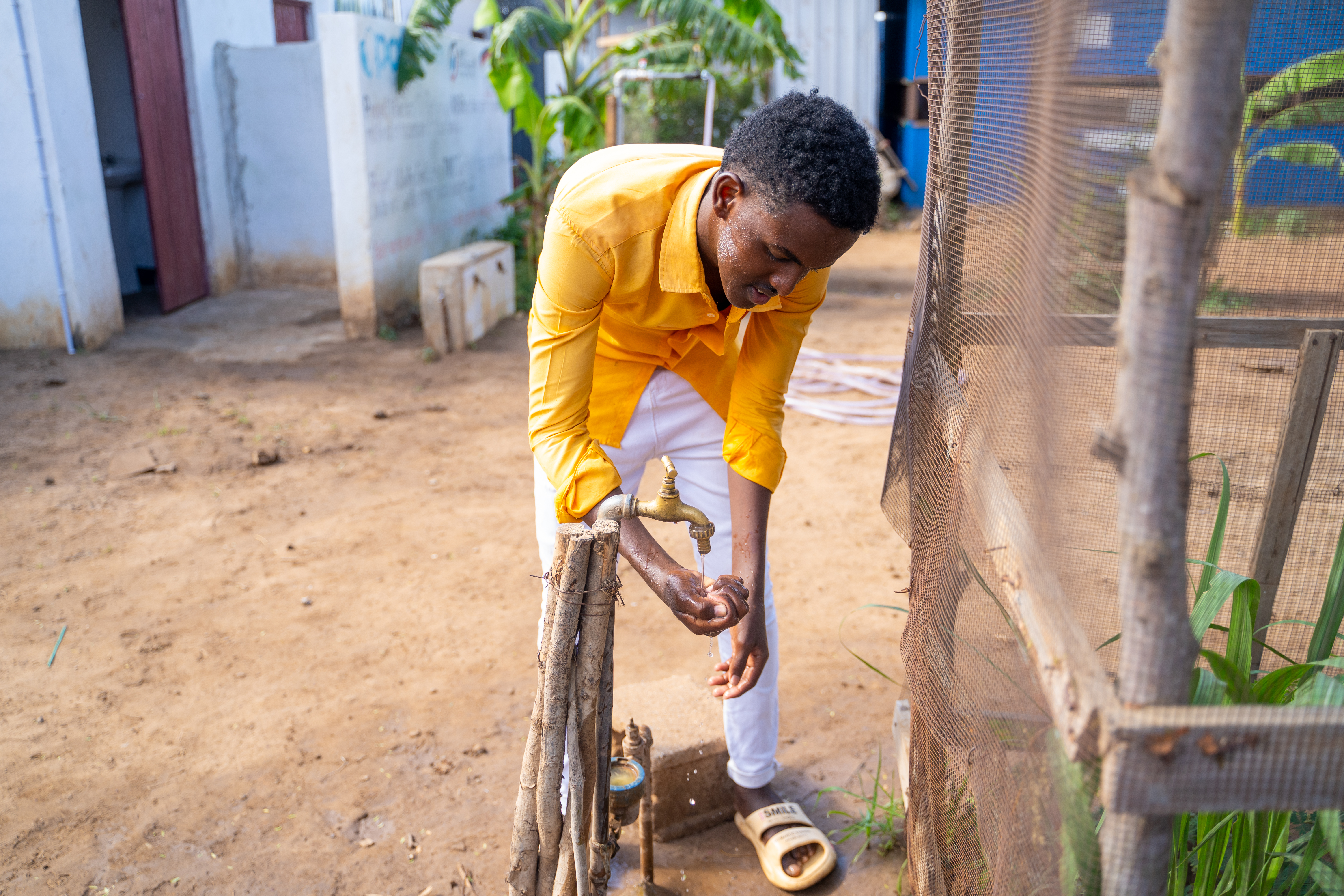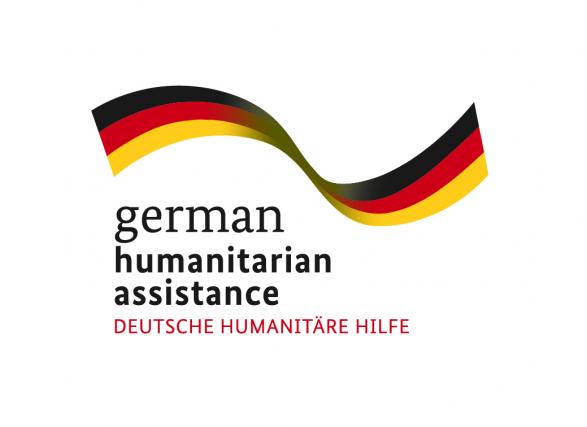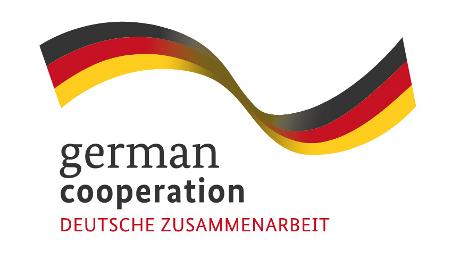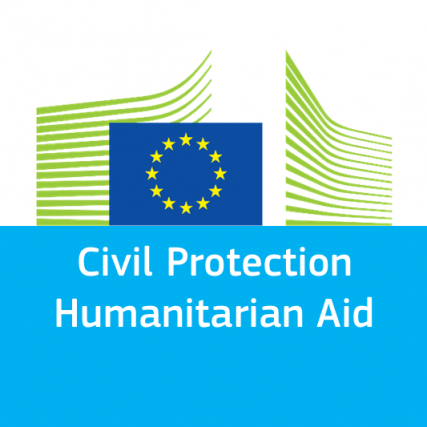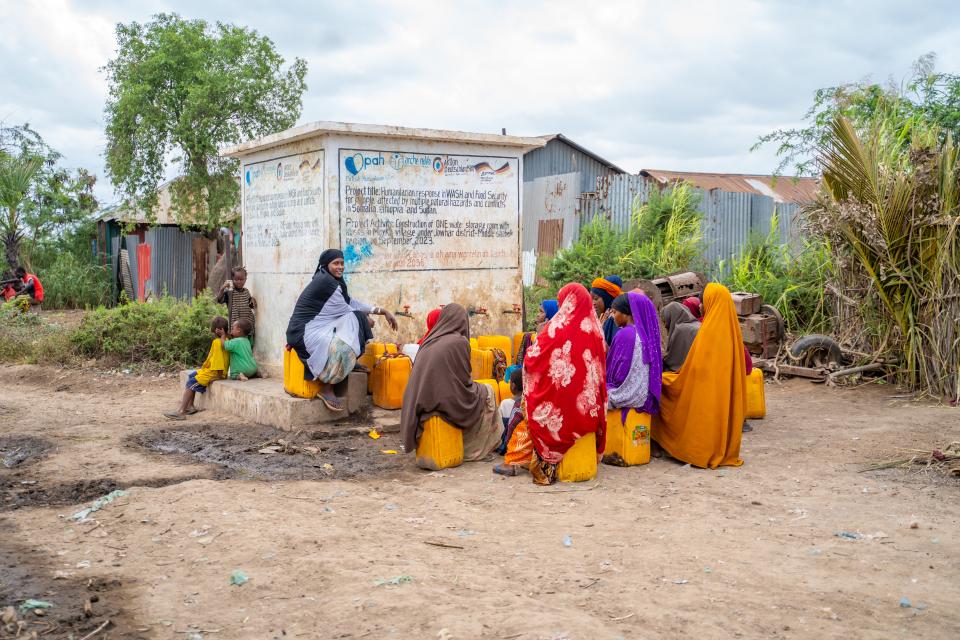
Global Program in 14 Countries
To protect the ecosystem in our project regions, arche nova pursues a green humanitarian aid approach in Somalia. In planning, implementing, and monitoring relief measures, we focus on a forward-thinking, environmentally friendly, and locally adapted approach. These activities are part of a global program that we implement in collaboration with ASB, the German Toilet Organization, and numerous local partners. Together, we advance topics such as inclusion, ecological sustainability, disaster preparedness, and international knowledge transfer in a total of 14 countries.
Structural problems and acute crises
The most pressing problems facing people in Somalia include a lack of drinking water, food insecurity and a lack of income prospects. The vast majority of the population lives in great poverty and receives little support. The country is characterised by a lack of social services and a dilapidated infrastructure. The scarcity is omnipresent.
Against this backdrop, the population is repeatedly forced to cope with acute crises and disasters. Most recently, the country was on the brink of famine in 2023 due to a devastating drought and was hit just a few months later by the worst floods in generations.
arche nova provides emergency relief
Our long-standing project area in south-central Somalia is repeatedly affected by acute emergencies. Most recently, at the end of 2023, there was an enormous flood disaster along the river courses, particularly on the Shabelle. With our local partner organisation, we distributed relief supplies and set up temporary sanitation facilities.
Water projects as a contribution to greater resilience
The aim of our work in Somalia is to strengthen the resilience of the people, so that crises pose less of an existential threat to them. Access to drinking water plays a central role in this.
arche nova has been involved in water supply activities in Somalia since 2016. In doing so, we are addressing the greatest need for aid in the country, as identified by the United Nations. According to UN OCHA, 5.2 million Somalis are affected by a lack of water and sanitation.
Our water projects include the expansion of wells and the construction of new rainwater storage facilities. We are also building water supply systems in our project communities, where many internally displaced people usually live alongside the local population. In the rapidly growing towns, arche nova works with local partner organisations to construct water tanks, pipes and distribution points.
Among other activities, new water kiosks are being built. These are independently managed water distribution points in the camps, which, in addition to securing the water supply, also provide an income for the operators.
Unsere Wasserprojekte umfassen den Ausbau von Brunnen und den Bau neuer Regenwasserspeicher. Wir bauen insbe-sondere Wasserversorgungssysteme in unseren Projektgemeinden, in denen viele Binnenvertriebene in der Regel zusammen mit der lokalen Bevölkerung leben. In den schnell wachsenden Siedlungen mit Binnenvertriebenen arbeitet arche nova mit lokalen Partnerorganisationen zusammen, um Wassertanks, Rohre und Verteilerstationen zu bauen.
Unter anderem werden sogenannte Wasserkioske gebaut. Dabei handelt es sich um eigenständig geführte Wasserverteilstellen in den schnell gewachsenen Siedlungen, die neben der Sicherstellung der Wasserversorgung auch ein Einkommen für die Betreiberinnen und Betreiber bieten.
Several municipal water systems in the communities are being rehabilitated. This includes the construction of rainwater storage tanks and the renovation of boreholes and dug wells, as well as the construction or repair of toilets.
Another focus is the water supply in schools. This is a major contribution to improving the learning environment and is therefore important for the future of the children.
Donate for this project
Project Overview
Securing livelihoods through access to water, sanitation and hygiene as well as below implement innovative and sustainable approaches in WASH. The aim is also to build resilience through DRR to build the resilience of communities to climate change shocks.
At least 200,000 people from IDP camps, host communities affected by floods, droughts and conflicts in the project locations in Gedo, Lower Juba and Galgaduud, South-Central Somalia
- Access to clean water through sustainable water infrastructure measures- rehabilitation of wells, boreholes, water reservoirs and construction of sand dams and rainwater tanks
- Construction of water kiosks for water distribution
- Emergency water provision and water filtration systems through installation of sky hydrant water filters and chlorination
- Establishment and training of water committees
- Improvement of sanitary and hygiene conditions (e.g. distribution of WASH and NFI kits, toilet construction, hygiene education, establishment and training of women's sanitary groups for waste management)
- Emergency aid for flood affected areas (e.g. distribution of WASH and NFI kits, reconstruction of emergency latrines,)
- Community Disaster risk reduction trainings and establishment of DRR committees at community level to improve early action and response to disaster risks
- Raising awareness among partner organisations and institutions in administration and government about sustainability issues related to WASH, and lobbying for the Climate Charter
- Action for Social and Economic Progress (ASEP)
- action medeor e.V.
- Johanniter International Assistance
- Polish Humanitarian Action (PAH)
- Federal Ministry for Economic Cooperation and Development (Transitional Aid)
- Federal Ministry for the Environment and Consumer Protection (IKI)
- German Federal Foreign Office
- Private donors

